Chromebook will soon support Windows 10 dual-boot
4 min. read
Published on
Read our disclosure page to find out how can you help Windows Report sustain the editorial team. Read more
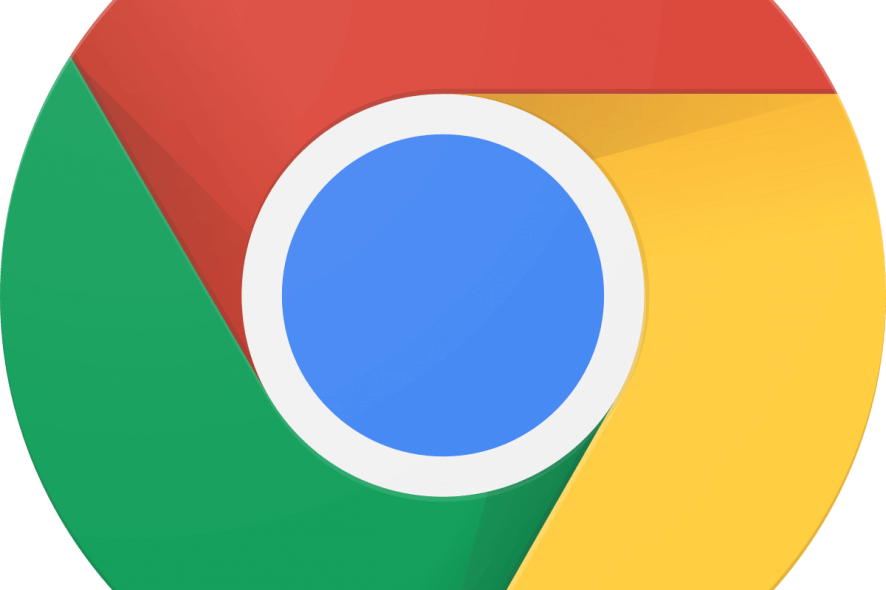
Many people use Windows on a daily basis for their computing needs. They use it because of their work, because they write about it, I have even heard that some people use Windows because they like it. What I don’t understand is why you would want to use Windows on a Chromebook.
Advantages of Chrome OS
Correct me if I am wrong (in the comments below, please), but I thought that the entire point of people owning a Chromebook was because they were fed up of spending their money on over-priced, bloated software that is pretty much guaranteed to screw up your machine at some future point due to a dodgy update that wasn’t checked before release.
Before I continue, I should point out that in the interests of openness, I am not a Chromebook user, but I have been toying with the idea of making the move for more than a year now. However, since I have not used one, forgive any mistakes I make.
Chromebooks will lose security
Google promotes Chromebooks and the OS that goes with it as being highly secure. Of course, when Google says ‘highly secure’ it means from hacking. Giving any information to Google means you are pretty much agreed that your life is compromised from that moment on, but that’s for another post.
By Google letting Windows onto its machines, even if it is ‘just’ as a alternative OS, means that your Chromebook is now more likely to be compromised. It doesn’t even need to mean that Windows is less secure. If you are running two OS’s on one machine, there are more ways it can be compromised.
Chromebooks are inexpensive
Additionally, Chromebooks have dinky little hard drives, don’t they. There is no way you are going to get Windows OS onto a 32 GB hard drive. So presumably, Chromebooks are going to come with bigger drives making them more expensive. Of course, I am assuming that whatever Windows OS is being used will come pre-installed, since why would anyone download it voluntarily.
How many will really use Dual-Boot?
I am a bit confused about the whole ‘Dual-Boot‘ thing as well. I used to run a laptop with dual operating systems, Windows 7 (I think it was) and Ubuntu. One thing I remember was that changing between OS‘s was a pain in the neck. So much so that if I booted up in Windows, I stayed in Windows for the rest of the day. If I booted up in Ubuntu, I’d stay in Ubuntu.
Why would Google want to give people an OS that if they booted up using it, would probably just stick with it? Google might as well just take out a full-page ad saying they are giving up, and all Chromebooks will be Windowsbooks in the future.
Everything will end up the same
Why would you want to allow Microsoft any access at all to anything that has an OS on it that isn’t Windows? Perhaps Google feels that it is big enough and strong enough that if Microsoft starts putting in demands, Google will be able to stand up to Microsoft. Well, that may be true but I wouldn’t bet my Chromebook on it.
Wrapping it all up
I am not an over-cynical person, I don’t think, but I really don’t see how this has any advantages for Google and any disadvantages for Microsoft. I think this is a bad move for Google, and will end up making it a junior partner in something that it started in the first place.
RELATED STORIES TO CHECK OUT:
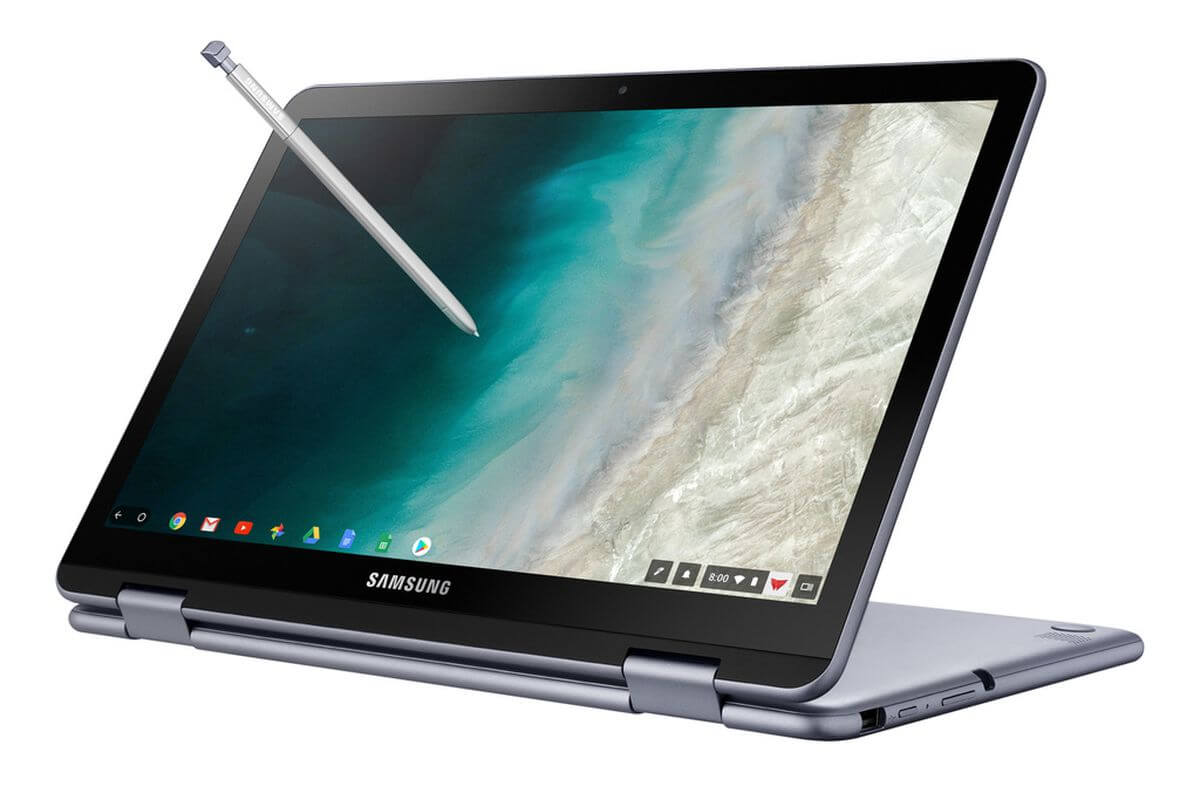
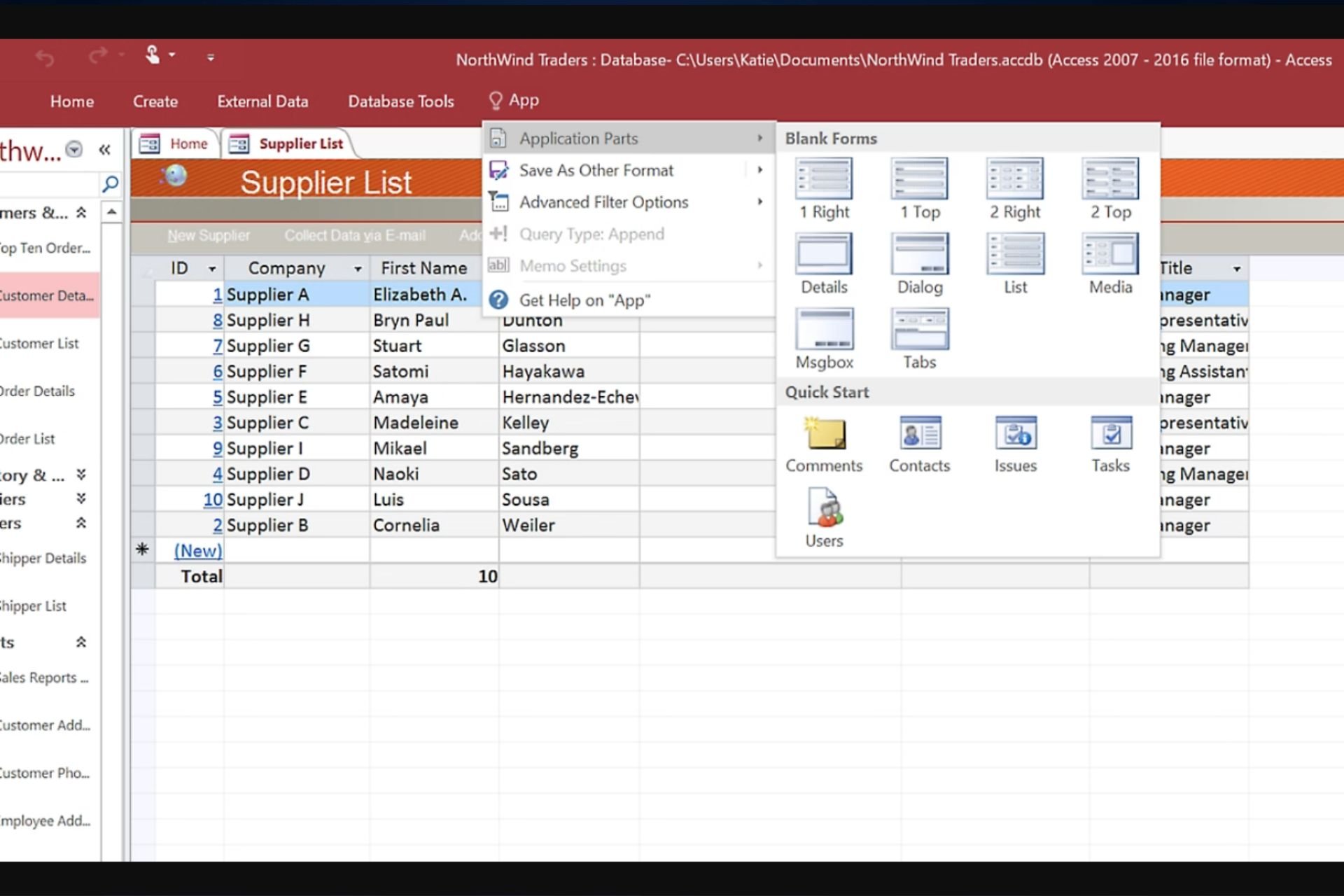
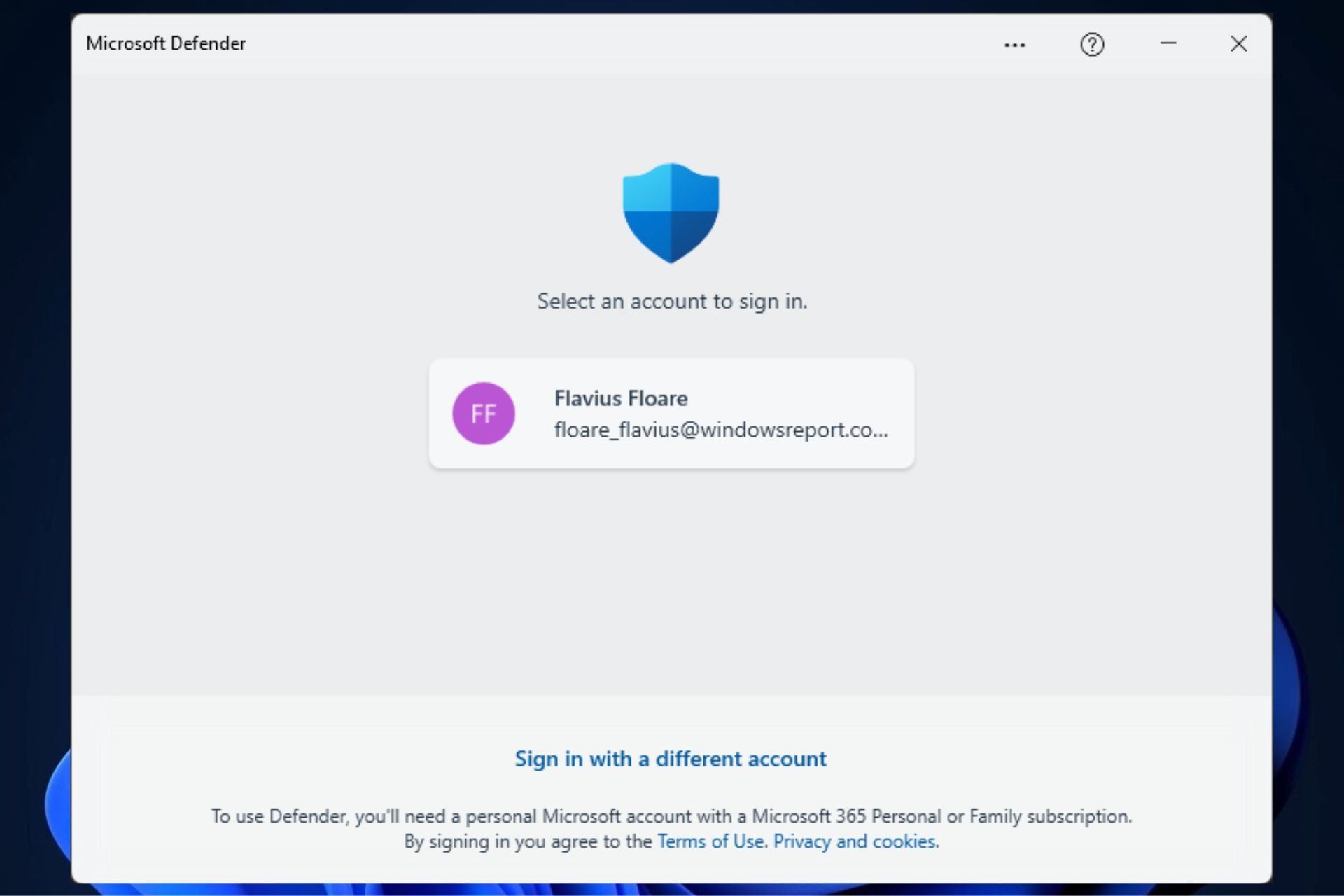
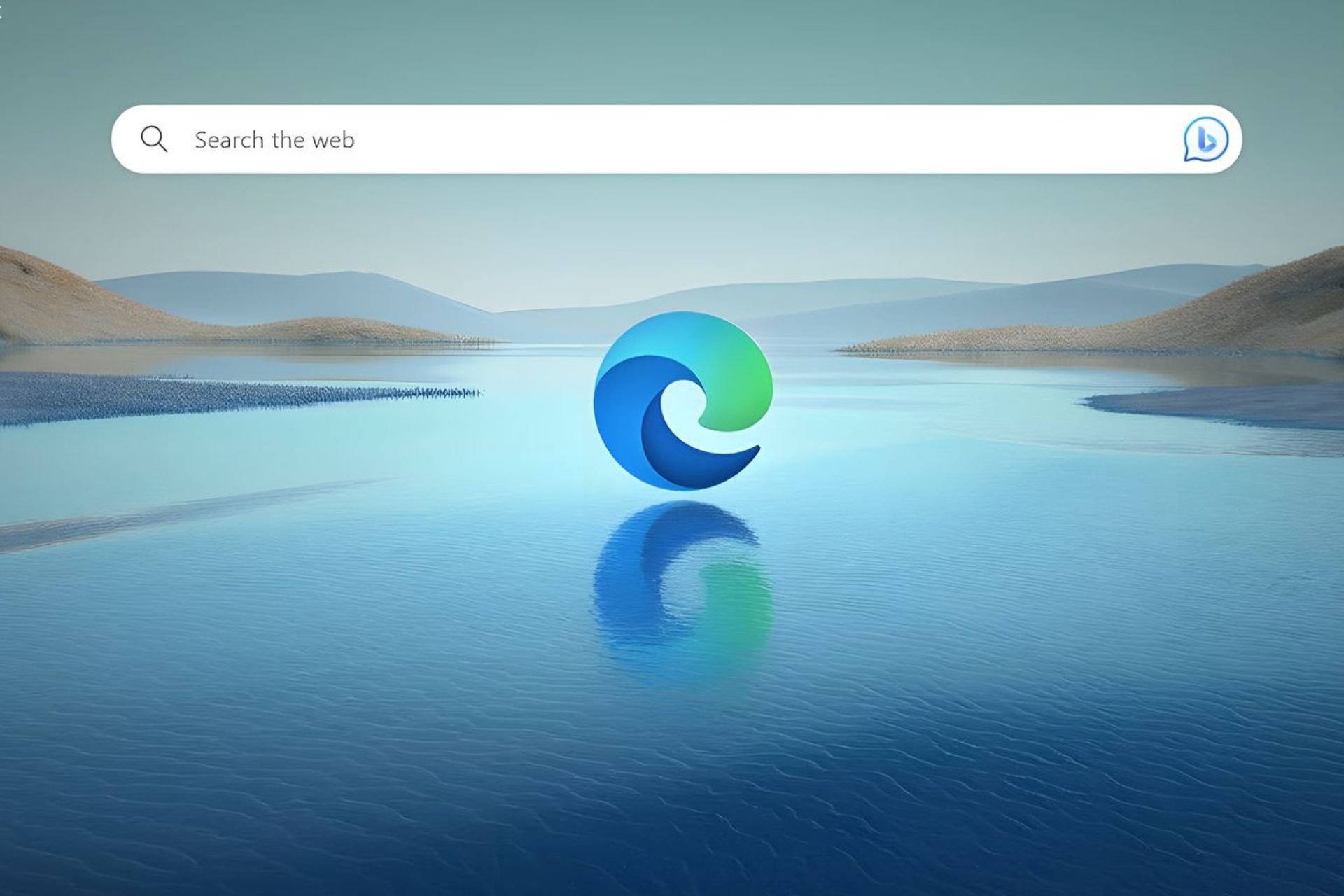
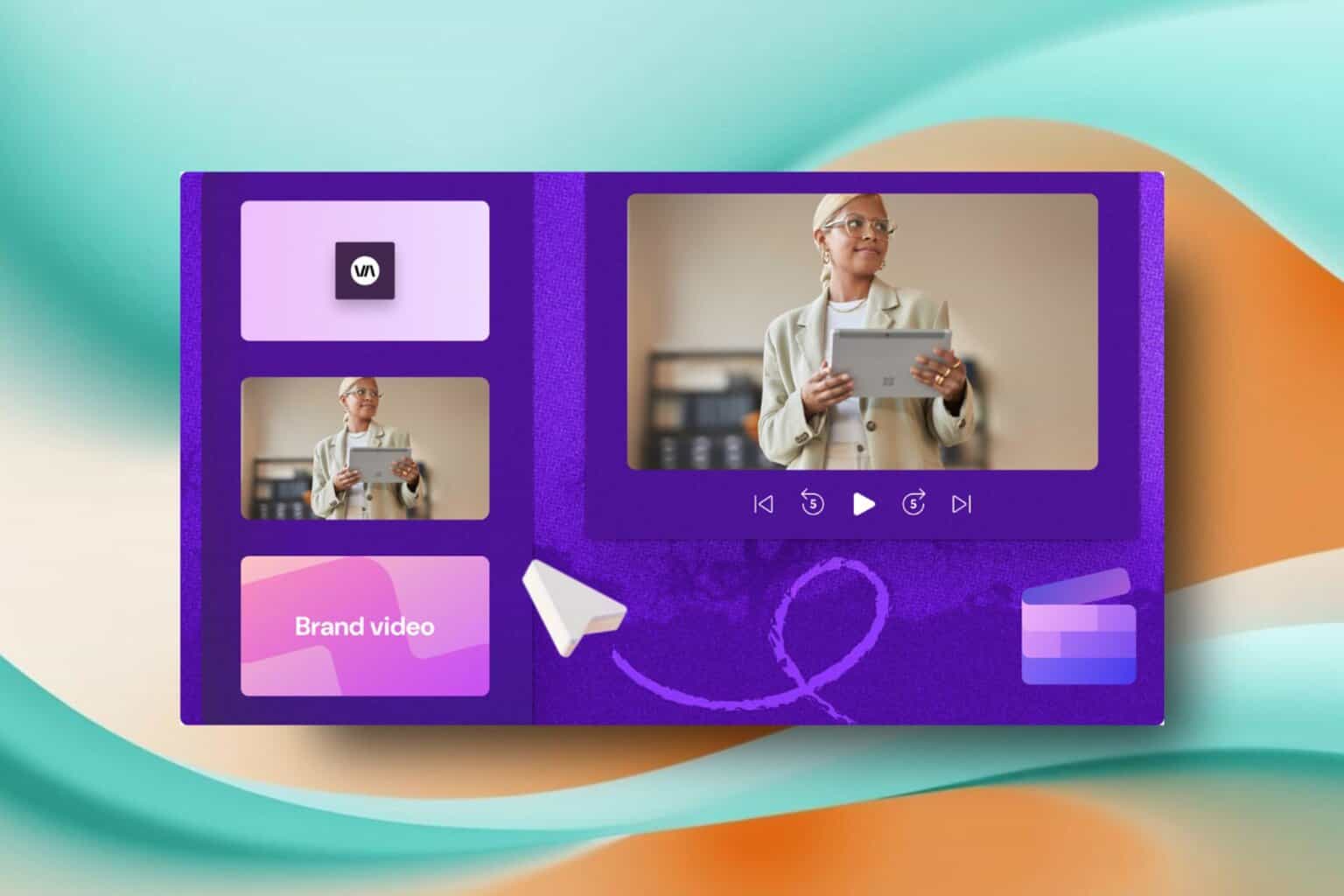

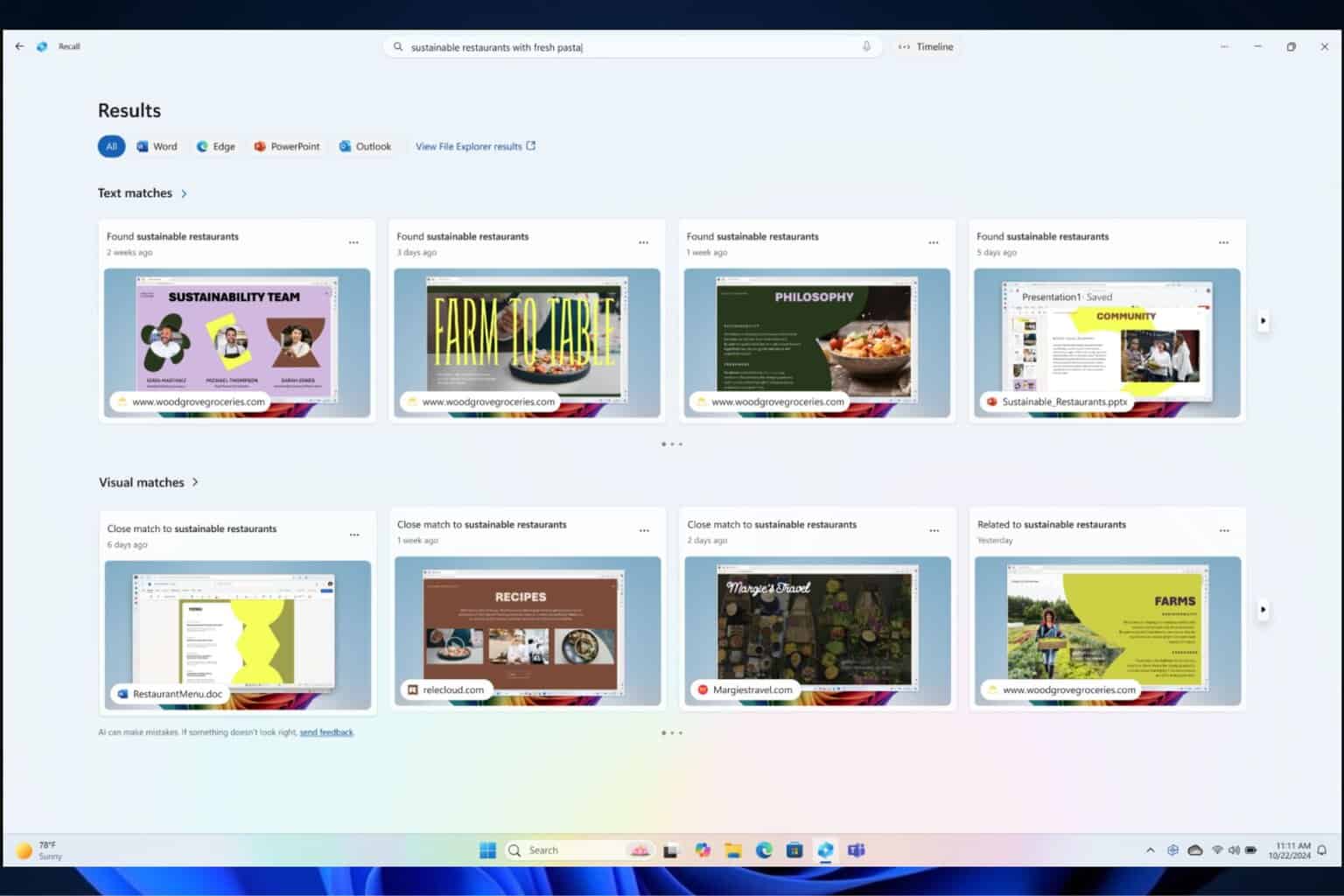
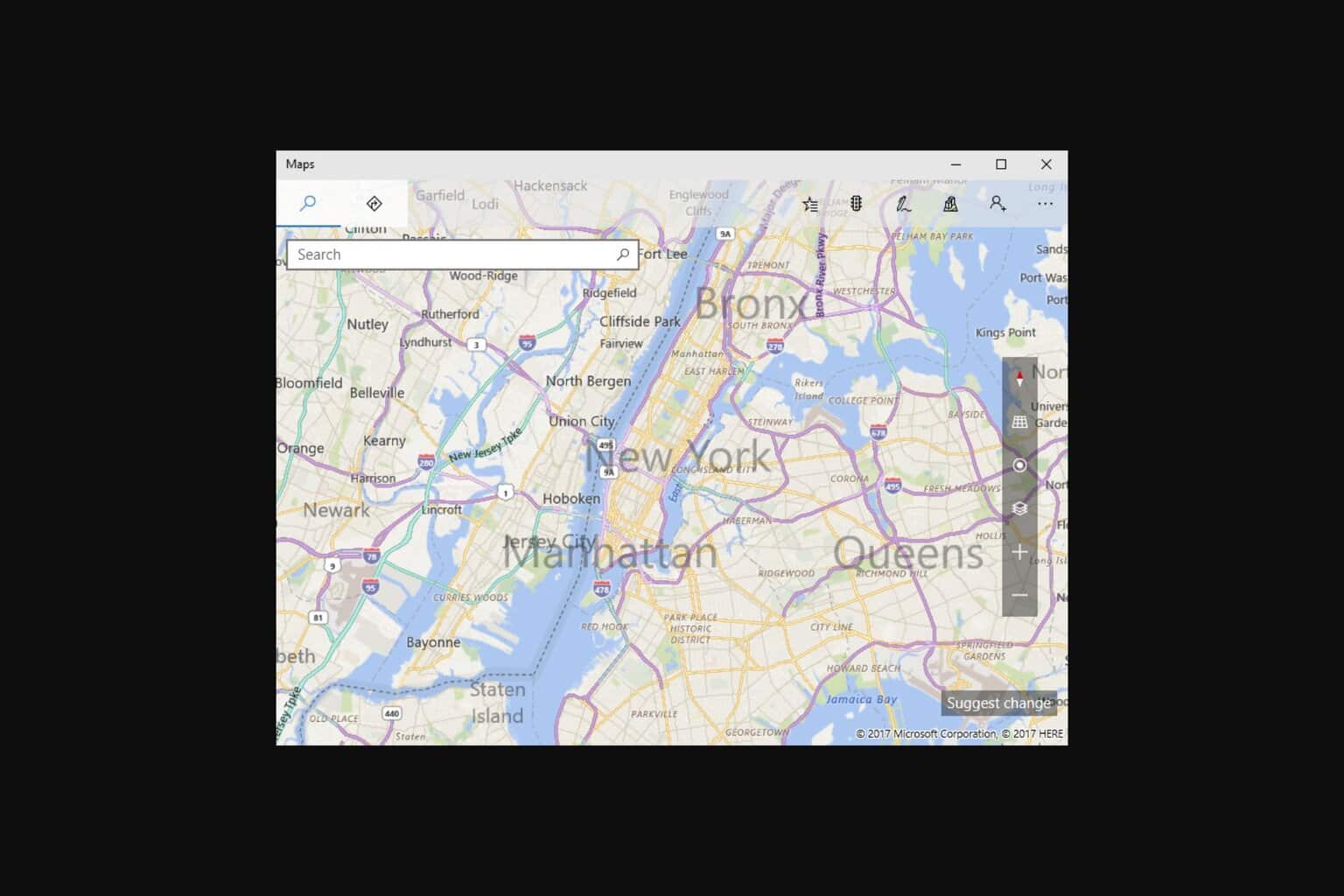
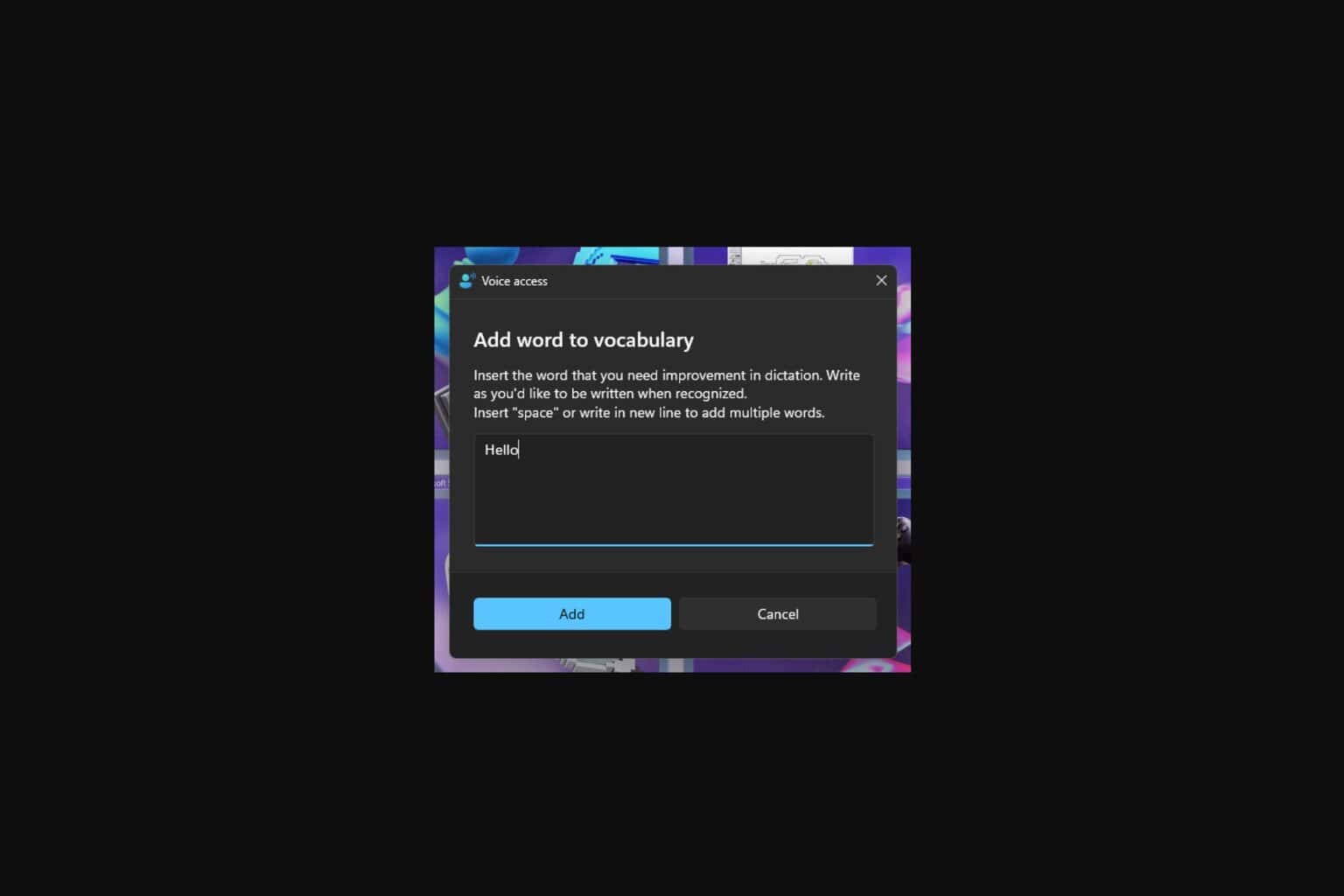
User forum
1 messages